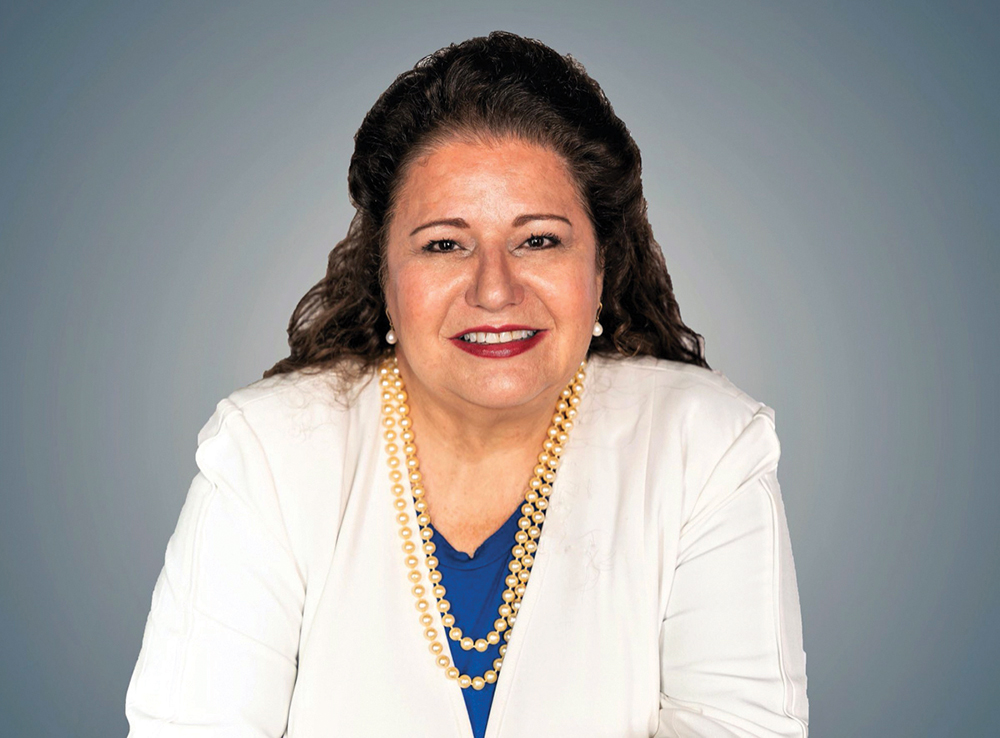What’s the connection between a family squabble and the Shelby County tax rate?
The answer is: their respective places on Monday’s agenda of the Shelby County Commission, where they were consecutive items.
A “family squabble” is what one item was called by a couple of participants in the longish debate spurred by a proposal to build out the grounds of the Barretville General Store up in northern Shelby County so as to create an expanded gravel parking lot and an outdoor entertainment center.
One brother, local landowner Paul Matthews, led a group of opponents of the project who professed concern about “intense noise and unsafe traffic” to come. His neighbor and brother Barret Matthews headed up the project, which he and a group of supporters including Shelby County Republican chair Cary Vaughn and former legislator/judge Karen Williams saw as a great add-on to what was already a family-friendly gathering place.
There was significant back-and-forth on the pros and cons. After something like an hour and a half of debate, county historian Jimmy Rout got in on the act, proclaiming that “history is not in a time warp. There has got to be a compromise. This” … here we go … “this family squabble has gone on for 80 years.”
And, indeed, the commissioners finally adopted a good-faith compromise that would allow the build-out so long as there is no change in the ownership of the general store and its grounds, nor in the leadership of the project.
Among the consequences of this happy medium would be the guaranteed preservation of the annual Bobby Blue Bland Day celebration on the grounds.
Once the Barretville General Store issue was squared away, the commission took up the matter of the county’s 2022 property-tax rate. Mayor Lee Harris’ administration sent down a rate of 3.399 cents per $100 of assessed value, the percentage rate suggested by the state comptroller’s office. That was the rate, too, it was understood, that correlated fairly precisely with the mayor’s budget, soon to be unveiled.
Note, however, the three numbers beyond the decimal point. That works with the state’s computer, but not with the Shelby County IT system, which, as Trustee Regina Newman pointed out, can only conjure tax bills with a rate of two numbers past the decimal.
“It’s a 25-year-old system,” she said, further explaining that, to work with the 3.399 rate would require extensive bill-by-bill manual effort by ad hoc hirees and cost $8 million. “We would lose money.” (A new, more versatile IT system, she promised, would be coming in the spring of 2024.)
Commissioner Edmund Ford Jr. had already suggested rounding off the state rate to 3.39. That, he noted, would shave $2 million off the budget of the mayor, whom, it is well known, he regards as an antagonist.
Others made the case for rounding off the 3.399 rate to 3.4, theoretically preserving Harris’ prerogatives.
In the end, after another lengthy debate, the commissioners postponed resolving things until their May 23rd meeting.
Other matters requiring extended attention on Monday included discussion of a pay scale for the commissioners, the resolution of bonus payments to Health Department employees, and the decision to proceed, at the May 23rd meeting, to fill the vacancy in House of Representatives District 91.
And the commission finally — a year and a half after the “Soulsville” TIF to redevelop South Memphis was first proposed, and the better part of a year since the Community Redevelopment Agency (CRA) gave the project a green light — voted to establish the trust fund for the TIF.
At the end of the meeting, which lasted five hours-plus, an invitation to speak was extended to Britney Thornton, an audience member whose victory in District 10 entitled her to the title of Commissioner-elect (there being no GOP opponent in the forthcoming August general election).
Her basic comment: “Y’all certainly have a lot of stamina.”
They certainly do.
